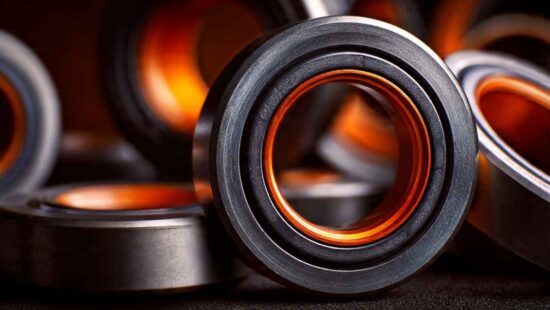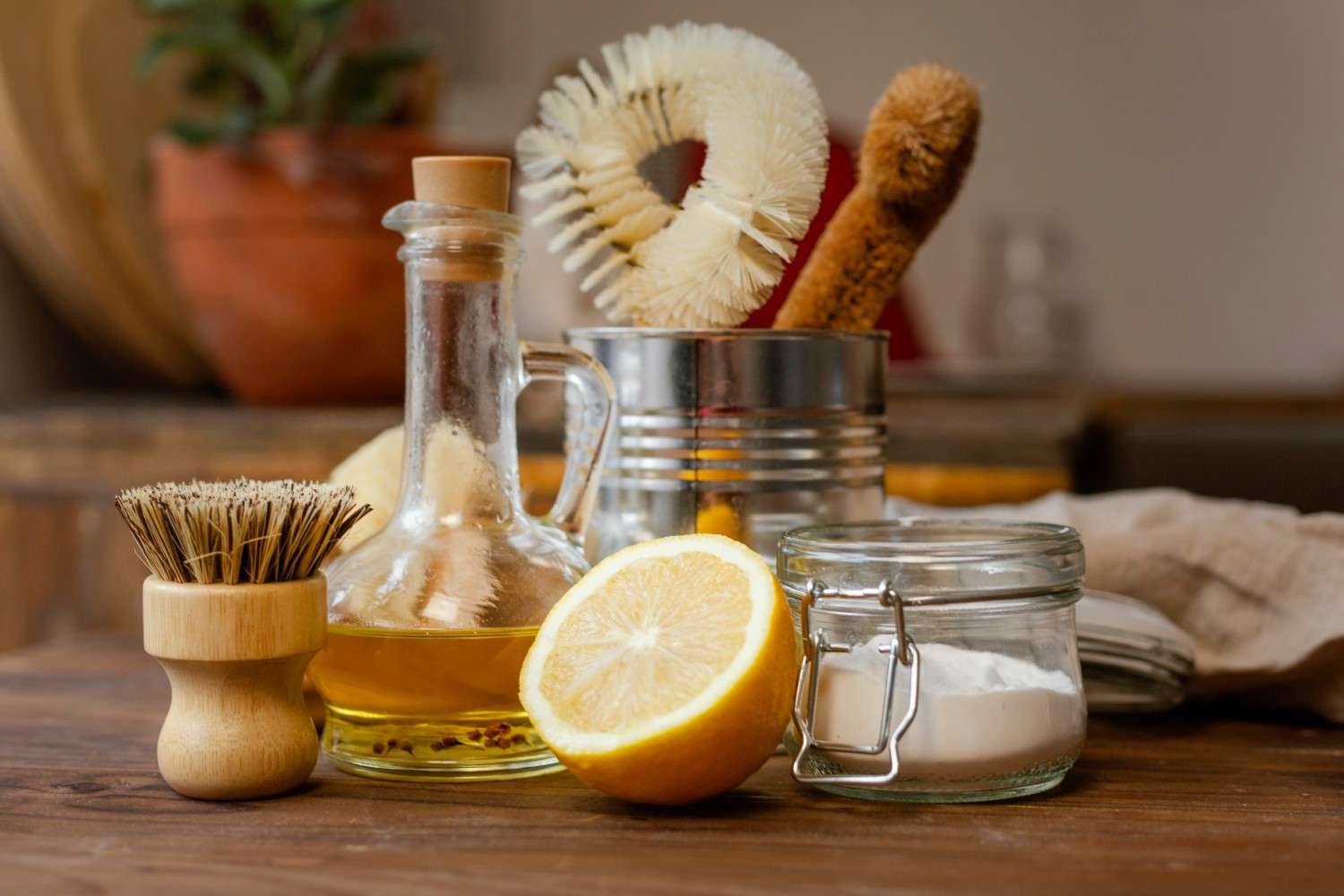For years, I stocked my kitchen cabinet with brightly colored bottles promising to kill 99.9% of germs. But over time, I started questioning what was actually in those products — and whether the chemical residue left on my countertops was really something I wanted near my food. That curiosity led me down a new path: discovering natural kitchen cleaners that are just as effective, far safer, and often much cheaper.
If you’ve been thinking about switching to natural solutions, this guide breaks down everything you need to know — from the science behind why they work to the best DIY recipes and store-bought options that deliver sparkling results without the toxins.
Why Choose Natural Kitchen Cleaners?
The kitchen is the heart of the home — and also one of the dirtiest. It’s where bacteria thrive on countertops, grease coats, stovetops, and stains build up on sinks. While conventional cleaning sprays get the job done, many contain harsh chemicals like ammonia, bleach, and synthetic fragrances that can irritate skin, trigger asthma, and linger on food prep surfaces.
Switching to natural kitchen cleaners offers multiple benefits:
- Healthier environment: Natural ingredients like vinegar, baking soda, and lemon don’t release toxic fumes or leave harmful residues.
- Better air quality: Without synthetic fragrances and VOCs, indoor air stays cleaner.
- Eco-friendly: Most natural cleaners are biodegradable and reduce water pollution.
- Cost-effective: Many DIY solutions use pantry staples you already own.
- Safe around kids and pets: No need to worry about accidental contact or ingestion.
The Science Behind Natural Cleaning Power
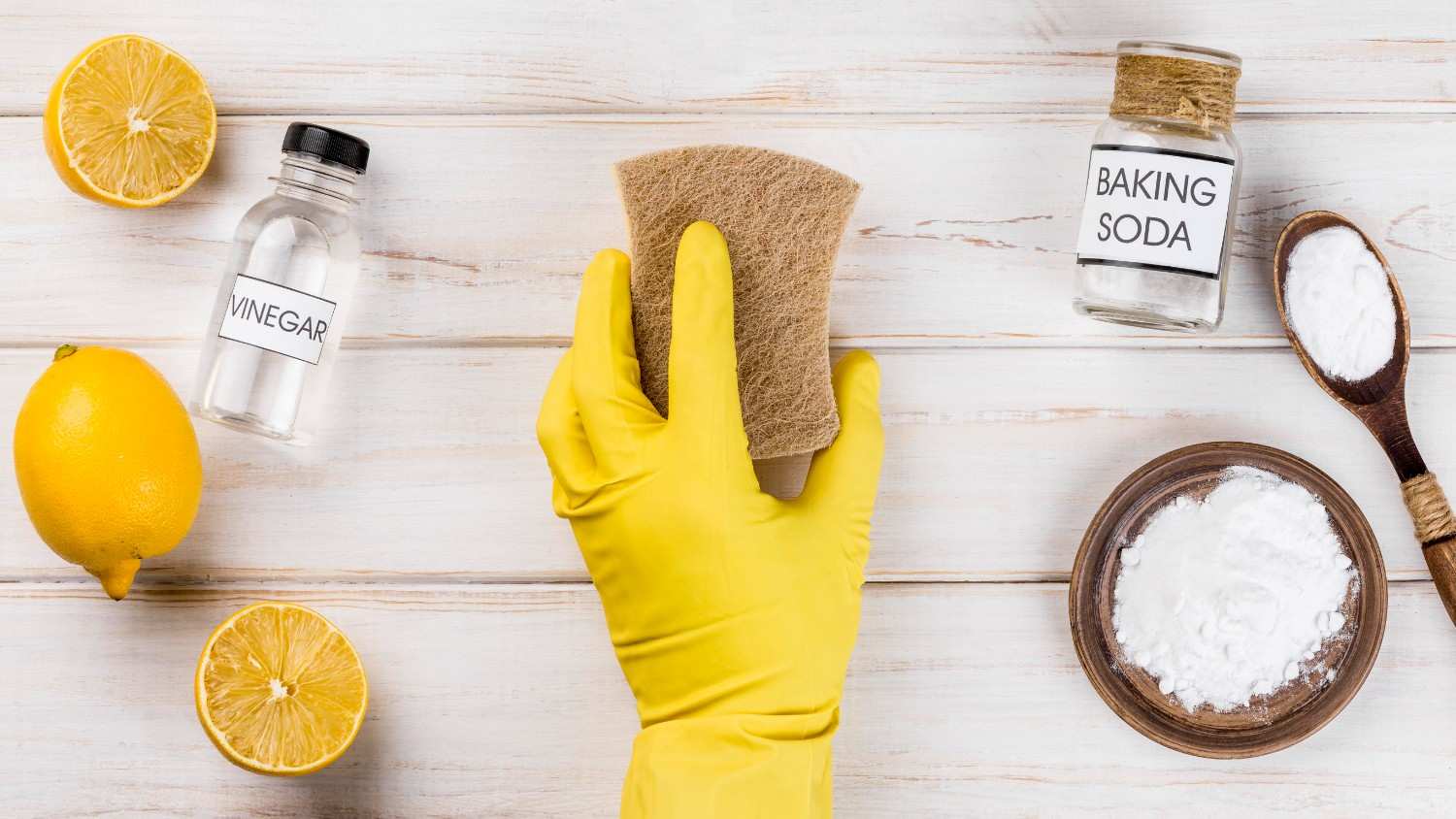
Natural doesn’t mean less effective. In fact, many natural ingredients have strong antimicrobial, degreasing, and deodorizing properties:
- White vinegar contains acetic acid, which kills bacteria and dissolves mineral deposits.
- Baking soda is mildly abrasive and neutralizes odors.
- Lemon juice has citric acid that cuts through grease and leaves a fresh scent.
- Castile soap lifts away dirt and grime without harmful chemicals.
- Essential oils like tea tree and lavender offer natural antibacterial and antifungal properties.
By combining these ingredients strategically, you can create powerful cleaning solutions that rival — and often outperform — commercial products.
DIY Natural Kitchen Cleaners You Can Make at Home
Here are a few tried-and-true recipes I use regularly in my kitchen:
1. All-Purpose Surface Cleaner
Best for: Countertops, cabinets, and appliances
- 1 cup distilled white vinegar
- 1 cup water
- 10 drops lemon essential oil
Mix in a spray bottle and shake well. Spray on surfaces and wipe with a clean cloth. (Avoid granite or marble, as vinegar can etch stone.)
2. Degreasing Spray
Best for: Stovetops, range hoods, and backsplash
- 2 cups warm water
- 1 tablespoon Castile soap
- 1 tablespoon baking soda
Spray on greasy surfaces, let it sit for 5 minutes, then wipe clean. For stubborn buildup, repeat and scrub gently with a sponge.
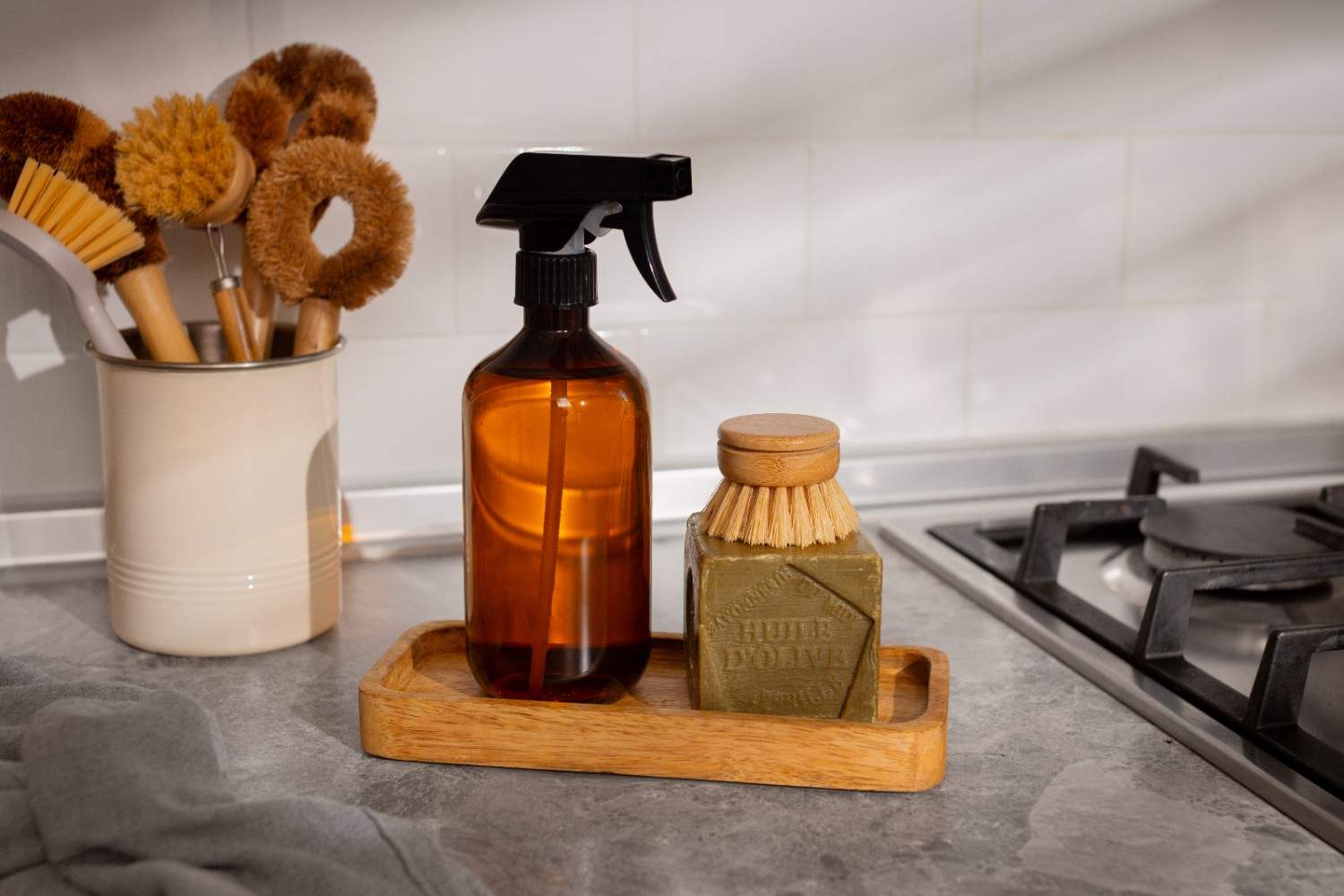
3. Natural Sink Scrub
Best for: Stainless steel sinks and tough stains
- ½ cup baking soda
- 10 drops tea tree oil
- Water (enough to form a paste)
Apply the paste with a sponge, scrub, and rinse thoroughly. It removes grime and disinfects without scratching the surface.
4. Citrus Disinfectant Spray
Best for: Cutting boards and high-touch areas
- Peel of 2 oranges or lemons
- 2 cups white vinegar
Soak the peels in vinegar for 2 weeks, then strain and pour into a spray bottle. The result is a powerful, naturally scented disinfectant.
Store-Bought Natural Kitchen Cleaners Worth Trying
Not everyone has time to DIY — and that’s okay. Thankfully, many brands now offer natural kitchen cleaners with transparent ingredient lists and eco-friendly formulations. Look for products labeled “biodegradable,” “plant-based,” or “non-toxic.”
Some top-rated options include:
- Seventh Generation Disinfecting Multi-Surface Cleaner – Kills 99.99% of bacteria using thyme oil.
- ECOS All-Purpose Cleaner – A plant-based formula ideal for daily cleaning.
- Method Antibacterial Kitchen Cleaner – Cuts grease and disinfects without harsh chemicals.
- Mrs. Meyer’s Clean Day Multi-Surface Spray – Uses essential oils for effective cleaning and a pleasant scent.
Quick Comparison: DIY vs. Store-Bought Natural Kitchen Cleaners
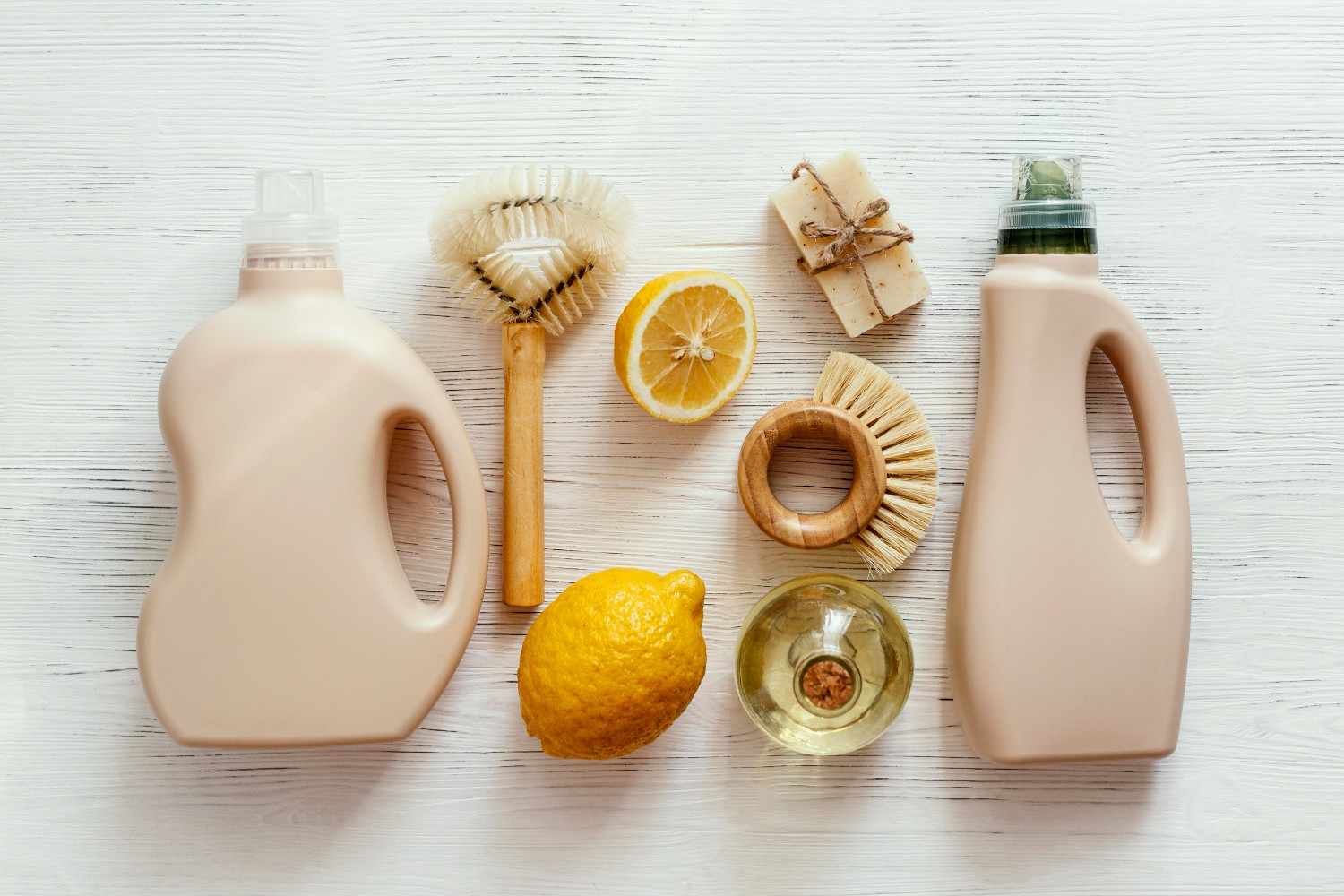
| Feature | DIY Natural Cleaners | Store-Bought Natural Cleaners |
| Cost | Very low (pennies per use) | Moderate to high |
| Customization | Fully customizable (scents, strength) | Limited |
| Convenience | Requires prep and mixing | Ready to use |
| Ingredients | 100% transparent | Usually transparent, but check labels |
| Effectiveness | Excellent for daily cleaning | Excellent for heavy-duty cleaning too |
| Shelf Life | Short (1–2 weeks) | Long (6–12 months) |
This table makes it clear: if you love a hands-on approach and total control, DIY is the way to go. But if convenience tops your list, a high-quality store-bought cleaner will still give you all the benefits of going natural.
How to Use Natural Kitchen Cleaners Effectively
Simply switching products isn’t enough — proper technique matters too. Here are a few best practices to get the most from your natural kitchen cleaners:
- Pre-clean surfaces: Wipe away crumbs and debris before spraying.
- Let it sit: Give the cleaner 3–5 minutes to break down grease and kill germs.
- Use microfiber cloths: They trap dirt more effectively than paper towels.
- Clean from top to bottom: Start with cabinets and work down to countertops and floors.
- Label your DIY solutions: Include ingredients and expiration dates to ensure freshness and safety.
Areas of the Kitchen to Target With Natural Cleaners
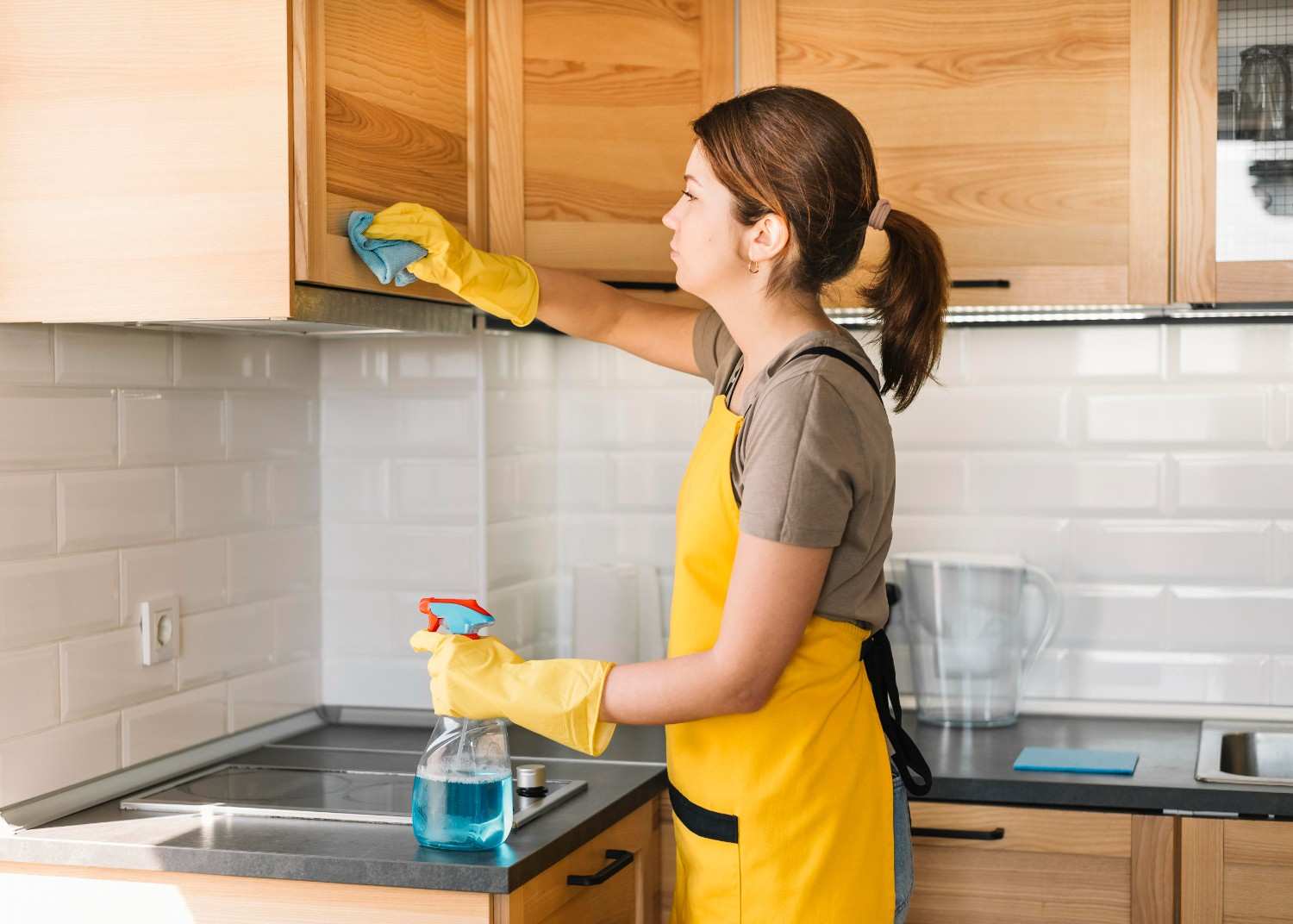
Certain spots in your kitchen deserve extra attention due to frequent contact and higher contamination risks:
Countertops
Daily cleaning is essential, especially after handling raw meat or unpacking groceries. Vinegar-based sprays work well here.
Sink and Faucet
These can harbor more bacteria than a toilet seat. A baking soda scrub and vinegar rinse keep them fresh and sanitized.
Cutting Boards
Wooden boards benefit from lemon and salt scrubs, while plastic ones can be disinfected with vinegar sprays.
Appliances
Microwaves, ovens, and fridges collect grime fast. A mix of vinegar and water cuts through stuck-on residue and deodorizes.
Tips for Making Natural Kitchen Cleaners Last Longer
Because DIY cleaners lack preservatives, they have a shorter shelf life. A few smart steps can help:
- Store in dark glass spray bottles to protect essential oils from light.
- Keep solutions in a cool, dry place away from direct sunlight.
- Make smaller batches you can use within 1–2 weeks.
- Shake bottles gently before each use to redistribute ingredients.
Also Read: Valentine blondies
FAQs About Natural Kitchen Cleaners
1. Are natural kitchen cleaners safe for all surfaces?
Most are safe for common surfaces like stainless steel, ceramic, and laminate. However, avoid vinegar on natural stone (like granite or marble) because it can cause etching. Always test a small area first.
2. Can natural kitchen cleaners kill germs as effectively as chemical cleaners?
Yes. Ingredients like vinegar, tea tree oil, and thyme oil have proven antimicrobial properties. While they may not claim to kill every pathogen, they’re highly effective against most household bacteria.
3. How often should I clean my kitchen with natural products?
For best results, wipe down countertops daily, disinfect sinks and cutting boards a few times a week, and deep clean appliances monthly.
4. Do natural kitchen cleaners leave a scent?
Yes, but the scent is typically light and pleasant, often coming from essential oils or citrus. Unlike chemical sprays, they don’t leave behind synthetic fragrances or harsh chemical odors.
A Cleaner, Greener Kitchen Starts Here
Switching to natural kitchen cleaners is more than a trend — it’s a simple, impactful way to protect your health, your family, and the planet. Whether you prefer DIY recipes using pantry staples or ready-to-use products from trusted brands, these solutions prove that you don’t need harsh chemicals to keep your kitchen spotless.
Once I made the change, I noticed more than just cleaner surfaces — the air felt fresher, my hands were less irritated, and I had peace of mind knowing I wasn’t coating my cooking space in synthetic chemicals. If you’re ready for a safer, healthier home, natural cleaners are the easiest place to start.




